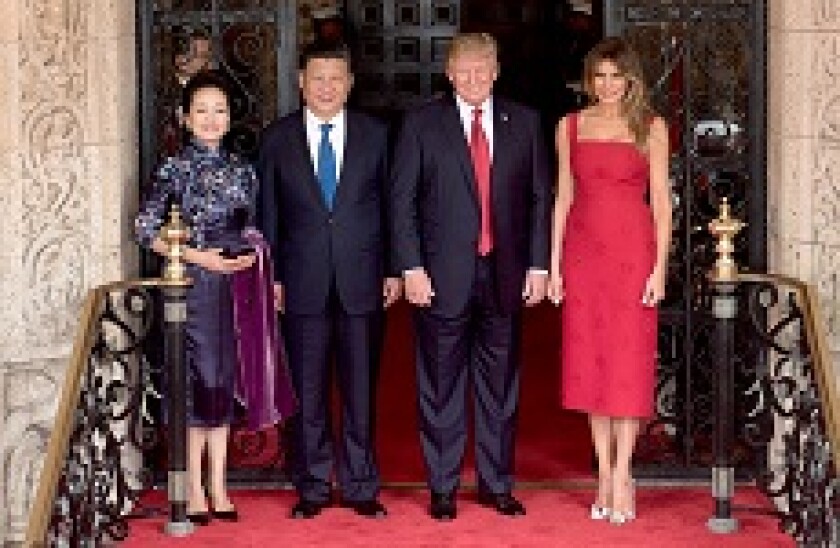On Tuesday, Chinese premier Li Keqiang met with representatives from the US business community in Beijing. Li promised that the two countries will find a solution over trade tensions that are “acceptable to both sides”.
That solution — or a semblance of one — came on Wednesday. China published two short lists of products that will be exempted from the retaliatory tariffs it has announced so far, according to a notice by the Chinese Ministry of Finance.
Cancer drugs, lubricants, shrimp seeds and other products are on the first list and will be excluded from the tariffs starting next Monday. The exemptions will last for a year. Companies can seek refunds for tariffs that had already been imposed.
However, soybeans and agricultural products are not on either list.
On the same day, US president Donald Trump tweeted that he would give China a birthday present.
“At the request of the vice premier of China, Liu He, and due to the fact that the People’s Republic of China will be celebrating their 70th anniversary on October 1st, we have agreed, as a gesture of goodwill, to move the increased tariffs on 250 billion dollars worth of goods (25% to 30%), from October 1st to October 15th,” Trump tweeted on Thursday morning.
Gao Feng, a spokesperson at the Ministry of Commerce, said that China welcomes the US’s decision.
“As far as I know, Chinese corporations have already started the price inquiry process to purchase American agricultural products,” Gao added, referring to the promise China made last week to purchase a modest amount of US agricultural goods after a phone call with US trade officials.
Gao added that soybeans and pork are both in the range of products Chinese corporations are planning to purchase.
The Trump administration said its officials are considering offering an interm limited trade agreement to China that will delay and roll back some US tariffs. This will be in exchange for Chinese commitments on intellectual property and agricultural purchases, Bloomberg reported, citing sources.
*
The CSRC held a forum on capital market reform and proposed 12 major measures. Yi Huiman, head of the securities regulator, chaired the meeting.
Yi said the regulator will encourage more international practices, apply the registration-based IPO system to stock boards other than the Shanghai Star market and also implement more opening up measures.
*
The Cyberspace Administration of China, the country’s top internet authority, released a draft regulation for tighter internet content management.
The regulation banned a range of online content including those that endanger national security, promote terrorism or spread information related to obscenity and violence.
The regulation also encourages content that promote thoughts from Chinese president Xi Jinping, interpretations of socialism with Chinese characteristics and the Communist Party’s policies, and economic and social developments.
Web operators are asked to conduct real-time content checks and promote “encouraged” content through push alerts.
*
The Hong Kong Insurance Authority has put the planned “insurance connect” between Hong Kong and the Mainland on hold, local media reported, citing insurance authority chairman Moses Cheng.
The “insurance connect”, originally proposed in April and which saw developments in June, would allow Hong Kong-based insurers to sell insurance products to mainland residents in the Greater Bay Area and vice versa.
Cheng blamed the delay on a “challenging” business environment.

